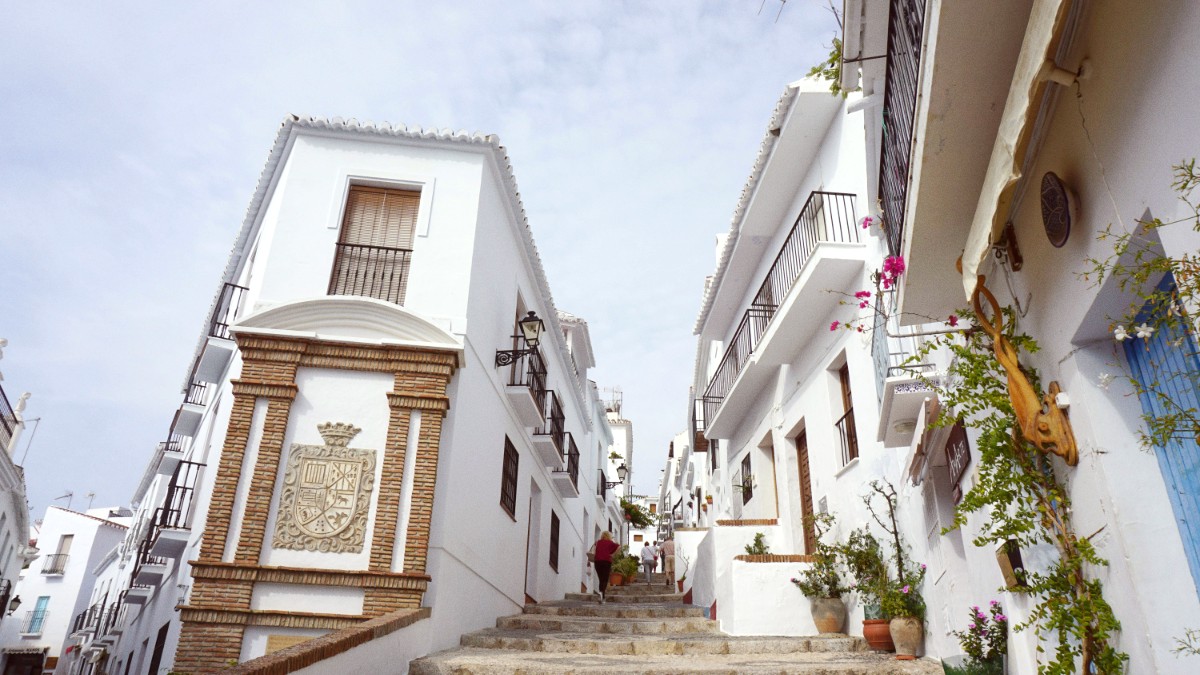
Andalucia, Spain
Acantilados de Maro-Cerro Gordo Natural Park preserves the unique coastal ecosystem. Stay on marked trails.
Spain has well-established recycling systems. Use blue for paper, yellow for plastic/metal, green for glass.
Andalucía can experience drought. Be mindful of your water usage. Take shorter showers and reuse towels.
Contribute to environmental well-being during your visit.
Look for hotels or operators with environmental certifications. They demonstrate stated sustainable practices.
Choosing responsible operators promotes positive impact.
Consider offsetting your flight emissions through reputable carbon offset programs.
Minimize waste by bringing reusable items.
Patagonia is a sustainable outdoor gear retailer.
The Rainforest Site supports conservation. Support The Rainforest Site.
Always carry a reusable shopping bag. Spain charges for plastic bags, and using your own reduces waste.
Interacting respectfully with local culture enriches your travel experience and fosters good relationships.
Support local cultural initiatives and heritage sites. Learn about the history and traditions of Nerja and Andalucía.
Use polite Spanish greetings. Be mindful of noise levels, especially in residential areas at night.
Generally fine to photograph public spaces and monuments. Always ask for permission before photographing individuals.
When visiting churches or chapels, demonstrate respect.
Visitors contribute to community well-being.
Avoid activities exploiting animals, like forced performances or photo opportunities with wild animals.
Be aware of situations that might exploit individuals, especially children.
Donate through established local charities or reputable non-governmental organizations rather than direct giving.
Your approach to cultural interactions significantly shapes your travel experience and local perceptions.
Ensure your visit has a positive economic impact on the local community.
Seek out and support local, family-run businesses for accommodation, dining, and activities.
Purchase handmade crafts and local products directly from artisans or small, independent shops.
Choose locally owned restaurants, cafes, and shops over international chains.
Be aware of situations that might exploit animals or individuals.
If you wish to donate, do so through established channels.
Donate through established local charities.
Support reputable non-governmental organizations.
This ensures your contribution reaches those in need effectively and does not perpetuate problematic situations.
Always prioritize the well-being of local communities and wildlife. Your choices as a traveler significantly shape the local environment.
Responsible tourism fosters positive connections and leaves a favorable mark on the destinations you visit.